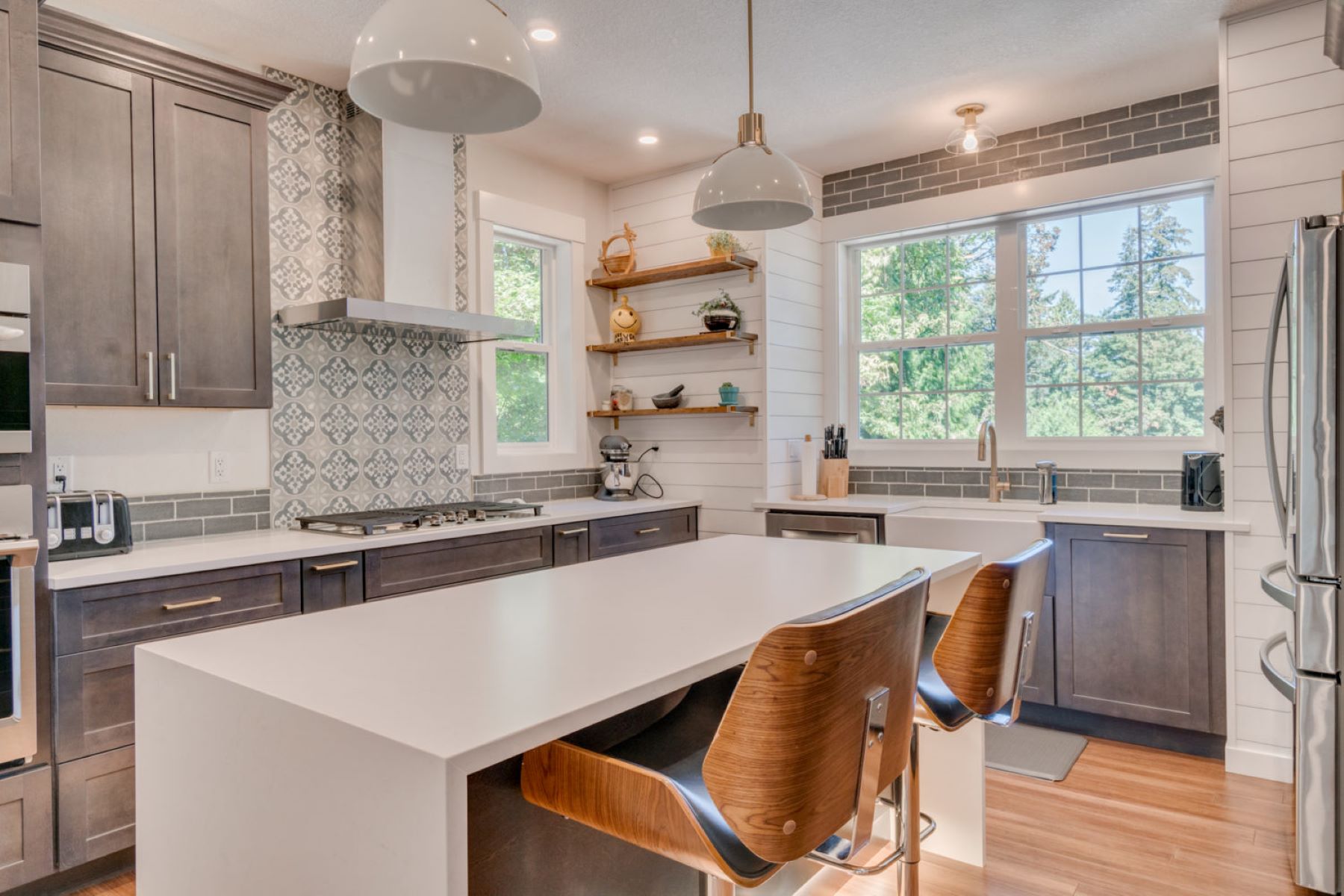

Articles
How Much Are Kitchen Countertops
Modified: January 18, 2024
Looking for articles on how much kitchen countertops cost? Get all the information you need to make an informed decision about your kitchen remodeling project.
(Many of the links in this article redirect to a specific reviewed product. Your purchase of these products through affiliate links helps to generate commission for Storables.com, at no extra cost. Learn more)
Introduction
Kitchen countertops play a crucial role in both the functionality and aesthetics of a kitchen. They provide a workspace for meal preparation, serve as a gathering place during social events, and contribute to the overall design of the kitchen. However, when it comes to choosing kitchen countertops, one of the most important factors to consider is cost.
The cost of kitchen countertops can vary significantly depending on various factors such as the material used, the size and layout of the kitchen, and any additional features or customization. In this article, we will explore the different types of kitchen countertops and discuss the factors that influence their cost.
By understanding these factors and exploring the various options, you will be able to make an informed decision that fits your budget and design preferences.
Key Takeaways:
- Choosing the right kitchen countertop involves considering factors such as material, size, customization, and installation costs. Each material offers unique benefits and price ranges, so it’s essential to weigh durability, maintenance, and aesthetics against your budget and lifestyle.
- While laminate countertops are budget-friendly, options like quartz, granite, and marble provide durability and aesthetic appeal. Solid surface, butcher block, concrete, tile, and stainless steel countertops offer versatile choices, each with its own cost considerations. Prioritize your needs and conduct thorough research to find the best fit for your kitchen.
Read more: How Much Is It To Replace Countertops
Factors That Affect the Cost of Kitchen Countertops
When determining the cost of kitchen countertops, several factors come into play. Understanding these factors will help you assess your budget and make an informed decision. Here are the key elements that can affect the cost of kitchen countertops:
- Material: The type of material you choose for your countertops is one of the most significant factors influencing the cost. Different materials range in price, with some being more affordable and others more expensive. Popular countertop materials include laminate, quartz, granite, marble, solid surface, butcher block, concrete, tile, and stainless steel.
- Size and Layout: The size and layout of your kitchen will also impact the cost. Larger kitchens require more countertop material, which increases the overall cost. Additionally, if your kitchen has complex layouts or unique shapes, it may require more intricate cutting and installation, leading to higher costs.
- Customization: Adding custom features or unique designs to your countertops can significantly affect the cost. For example, if you opt for an intricate edge profile, a specialized finish, or integrated features such as sinks or backsplashes, the price will be higher than a standard countertop installation.
- Installation: The cost of installation can vary depending on factors such as the complexity of the project, the location, and the contractor you choose. Professional installation is recommended to ensure the countertops are properly fitted and secured.
- Market Demand: Market demand can also impact the cost of kitchen countertops. Certain materials may be more popular or in higher demand, which can drive up prices. Additionally, pricing may vary depending on your geographic location and availability of certain materials.
- Labor and Additional Services: In addition to the material and installation costs, other labor and services may be required, such as plumbing, electrical work, or countertop removal. These additional services can add to the overall cost.
It is essential to consider these factors and determine which ones are most important to you. By prioritizing your needs and budget, you can choose the best countertop option that fits your requirements.
Laminate Countertops
Laminate countertops are a popular and affordable option for kitchen countertops. These countertops are made from layers of paper or fabric, impregnated with resins and bonded together under high heat and pressure. A decorative top layer is then added, giving laminate countertops their wide range of colors and patterns.
One of the primary advantages of laminate countertops is their affordability. They are significantly cheaper than other countertop materials, making them an attractive option for those on a tight budget. Additionally, laminate countertops are relatively easy to install, which can help save on installation costs.
However, it is important to note that laminate countertops are not as durable or heat-resistant as other materials. They can be prone to scratches, chips, and burns if not treated with care. It is recommended to use cutting boards and trivets to protect the surface.
Laminate countertops also have limitations when it comes to customization. While they offer a wide variety of colors and patterns, they cannot be easily modified or personalized like other materials. Additionally, the seams may be visible where the laminate sheets are joined together, which can affect the overall aesthetics.
Despite these limitations, laminate countertops remain a popular choice for many homeowners due to their affordability, low maintenance, and wide range of options. They can be a practical and budget-friendly solution for those looking to update their kitchen countertops without breaking the bank.
Quartz Countertops
Quartz countertops have gained significant popularity in recent years due to their durability, versatility, and aesthetic appeal. Unlike natural stone countertops, which are cut from a quarry, quartz countertops are engineered using a combination of ground quartz, resin, and pigments.
One of the main advantages of quartz countertops is their durability. They are highly resistant to scratches, stains, and heat. This makes them an ideal choice for busy kitchens that require a sturdy and low-maintenance surface.
Another notable feature of quartz countertops is their wide range of colors and patterns. Since quartz is an engineered material, it can be manufactured in various shades and designs to match different kitchen aesthetics. Whether you prefer a classic marble look or a more contemporary, solid color, there is a quartz option to suit your style.
Quartz countertops are also known for their non-porous nature, making them highly resistant to bacteria, mold, and mildew. This makes them a hygienic choice for kitchens, as they are easy to clean and maintain.
While quartz countertops offer an array of benefits, they do come with a higher price tag compared to other materials. The cost of quartz countertops can vary depending on the brand, design, and thickness chosen. Installation costs may also be higher due to the material’s weight and the expertise required for proper installation.
Despite the higher cost, many homeowners consider quartz countertops a worthwhile investment. With their durability, aesthetic appeal, and low maintenance requirements, quartz countertops can elevate the look and functionality of any kitchen.
Granite Countertops
Granite countertops are a popular choice for kitchen surfaces due to their natural beauty, durability, and timeless appeal. Granite is a natural stone that is quarried in large slabs, cut to size, and polished for installation in kitchens and other areas.
One of the main advantages of granite countertops is their unique and luxurious appearance. Each slab of granite has its own distinct patterns, colors, and veining, making it a truly unique addition to any kitchen. Granite countertops can add a touch of elegance and sophistication to your kitchen space.
Granite is also known for its durability and resistance to heat, scratches, and stains. It is a hard and dense material that can withstand daily use and maintain its beauty for years to come. However, it is recommended to regularly seal the granite surface to protect it from stains and moisture.
While granite countertops offer exceptional beauty and durability, they do require regular maintenance to keep them looking their best. This includes sealing the surface every 1-2 years and using mild cleaners specifically formulated for granite. Additionally, some homeowners may find that the natural porous nature of granite makes it more susceptible to stains if spills are not promptly cleaned.
In terms of cost, granite countertops can vary depending on factors such as the color, thickness, and origin of the stone. While they are generally more expensive than laminate or quartz countertops, granite countertops are considered a long-term investment that can increase the value of your home.
Overall, granite countertops are a top choice for homeowners who value natural beauty, durability, and a touch of luxury in their kitchen. With proper care and maintenance, granite countertops can become the centerpiece of your kitchen and provide a timeless and elegant aesthetic.
Read more: How Much Is Formica Countertops
Marble Countertops
Marble countertops are renowned for their elegance, timeless beauty, and luxurious appeal. This natural stone has been used for centuries in architectural and design applications and continues to be a popular choice for kitchen countertops.
One of the main attractions of marble countertops is their unique and stunning appearance. Marble is known for its veining and range of colors, from classic white to various shades of gray, beige, and even green. Each slab of marble is like a piece of artwork, adding a touch of sophistication and refinement to any kitchen.
In addition to its visual appeal, marble is a durable material that can withstand heat and is less prone to scratching compared to other countertop materials. It is also a cool surface, making it ideal for bakers who need a cold workspace to work with dough or pastries.
However, marble does have some drawbacks that need to be considered. It is a softer stone and can be more vulnerable to staining, etching, and scratching. Acidic substances, such as lemon juice or vinegar, can leave marks on the marble surface if left for too long. Therefore, it is important to promptly clean up any spills to prevent potential damage.
Another aspect to consider with marble countertops is their maintenance. Marble requires regular sealing to protect its porous surface from stains and etching. It is also recommended to use mild, non-acidic cleaners specifically formulated for marble to avoid any damage to the stone.
When it comes to cost, marble countertops tend to be on the higher end of the price spectrum. The price can vary depending on factors such as the type and quality of the marble, the amount needed for your kitchen, and any additional customization or edge profiles.
While marble countertops require a bit more care and maintenance compared to other materials, for many homeowners, the beauty and elegance they bring to a kitchen are well worth the extra effort. Marble countertops can create a luxurious and timeless look that is sure to impress.
When budgeting for kitchen countertops, consider the material, size, and installation costs. Granite and quartz are popular but pricey options, while laminate and tile are more budget-friendly. Research and compare prices to find the best option for your budget.
Solid Surface Countertops
Solid surface countertops are a popular choice for kitchens due to their versatility, durability, and seamless appearance. Solid surface materials are man-made and composed of a blend of acrylic, polyester, and natural minerals.
One of the main benefits of solid surface countertops is their non-porous nature, which makes them resistant to stains, bacteria, and moisture. This makes them easy to clean and maintain, as spills and messes can be wiped away without worrying about damage to the surface.
Another advantage of solid surface countertops is their ability to be seamlessly integrated. They can be molded and shaped to create curves, edges, and custom designs without visible seams. This gives them a sleek and uniform look, adding to the overall aesthetic appeal of the kitchen.
Additionally, solid surface countertops are available in a wide range of colors, patterns, and finishes. This allows for greater design flexibility, as homeowners can choose a solid color or mimic the look of natural stone or other materials.
When it comes to cost, solid surface countertops are generally mid-range in terms of price. The cost can vary depending on factors such as the brand, thickness, and any additional customization. Installation costs can also vary, as proper installation may require the expertise of a professional.
It is important to note that solid surface countertops are not as heat-resistant as materials like quartz or granite. Placing hot pans directly on the surface can cause damage, so it is recommended to use trivets or cutting boards to protect the countertop.
Overall, solid surface countertops offer a great balance between durability, aesthetics, and affordability. Whether you prefer a sleek and modern look or a more traditional style, solid surface countertops can provide a versatile and functional surface for your kitchen.
Butcher Block Countertops
Butcher block countertops are a unique and charming option for kitchens, known for their warm and natural appeal. These countertops are made from strips of wood that are glued together, creating a durable and visually pleasing surface.
One of the main advantages of butcher block countertops is their versatility. They can be cut, sanded, and shaped to fit any kitchen layout or configuration. Butcher block countertops also offer a warm and inviting aesthetic, adding a touch of natural beauty to your kitchen.
Another notable feature of butcher block countertops is their functionality. The wood surface is ideal for tasks such as chopping, slicing, and food preparation. The surface is forgiving, allowing knives to naturally sink into the wood, which helps to preserve the sharpness of your blades.
Butcher block countertops do require regular maintenance to keep them in good condition. They need to be periodically oiled or sealed to protect the wood from moisture and prevent stains. It is also important to wipe up spills promptly and avoid placing hot pots and pans directly on the surface to prevent damage.
In terms of cost, butcher block countertops are generally more affordable compared to materials like quartz or granite. The price can vary depending on factors such as the type of wood used, the thickness of the countertop, and any additional customization.
Butcher block countertops can bring a rustic and natural charm to your kitchen. If properly cared for, they can become a focal point that adds character and warmth to the space.
Concrete Countertops
Concrete countertops have gained popularity in recent years for their modern, industrial aesthetic and versatility. These countertops are made by mixing cement, aggregates, and other additives before pouring and shaping them into the desired form.
One of the main advantages of concrete countertops is their ability to be customized. They can be made in various shapes, sizes, and thicknesses to fit any kitchen design. Concrete countertops also offer a wide range of color options, as pigments can be added during the mixing process to achieve different shades and hues.
In addition to its customizable nature, concrete countertops are appreciated for their durability and strength. When properly sealed, they are resistant to scratches, heat, and stains. However, it is important to note that concrete countertops can be prone to cracking if not properly installed or if subjected to excessive weight or impact.
Concrete countertops do require regular maintenance to keep them looking their best. It is recommended to regularly seal the surface to prevent stains and moisture penetration. Cleaning should be done with mild, non-abrasive cleaners to avoid damaging the sealant.
In terms of cost, concrete countertops can vary depending on factors such as the complexity of the design, the size of the countertop, and any additional customization or special finishes. It is important to note that concrete countertops may require professional installation due to their weight and the need for proper reinforcement and sealing.
Concrete countertops can add a unique and contemporary look to your kitchen. Their customizable nature and durability make them a popular choice for homeowners seeking a modern and industrial aesthetic.
Read more: How Much Are Wood Countertops
Tile Countertops
Tile countertops offer a versatile and budget-friendly option for kitchen surfaces. These countertops are created by installing individual tiles over a base material, such as plywood or cement board, and then grouting the gaps between the tiles.
One of the main advantages of tile countertops is the wide variety of design options available. Tiles come in various shapes, sizes, colors, and materials, allowing for endless possibilities in terms of style and customization. From classic ceramic or porcelain tiles to natural stone tiles like marble or granite, there is a tile option to suit any kitchen aesthetic.
Tile countertops are also highly durable and heat-resistant. Ceramic and porcelain tiles are particularly resistant to scratches, stains, and heat. Additionally, if a tile becomes damaged or cracked, it can be easily replaced without needing to remove the entire countertop.
Maintenance for tile countertops is relatively straightforward. Regular cleaning with a mild cleaner and occasional resealing of the grout lines is typically all that is needed to keep the surface looking its best. However, it is important to note that the grout lines between tiles can be prone to staining and may require more attention and regular cleaning.
In terms of cost, tile countertops are considered a more affordable option compared to materials like quartz or granite. The overall cost will depend on factors such as the type and quality of the tiles chosen, any special patterns or designs, and the cost of installation or labor involved.
Tile countertops can add a decorative and unique touch to your kitchen. With their versatility, durability, and budget-friendly nature, they are a practical choice for homeowners who want to personalize their space with a wide range of design options.
Stainless Steel Countertops
Stainless steel countertops are a sleek and contemporary option for kitchens that offer a unique blend of style and functionality. Made from a combination of steel, chromium, and other alloys, stainless steel countertops are known for their durability, hygiene, and modern appeal.
One of the key advantages of stainless steel countertops is their resistance to stains, heat, and corrosion. Stainless steel is non-porous, making it impervious to bacteria and easy to clean. It is also highly heat-resistant, making it an ideal surface for hot pots and pans.
In addition to its practicality, stainless steel countertops have a clean and minimalist aesthetic that can complement a range of kitchen styles. Whether used as a focal point or as part of an overall sleek design, stainless steel countertops add a touch of modernity and sophistication to any kitchen space.
Maintenance for stainless steel countertops is relatively simple. Regular cleaning with a mild cleanser or stainless steel cleaner is all that is needed to keep the surface looking its best. However, it is important to note that stainless steel can scratch easily, so it is recommended to use cutting boards and avoid abrasive cleaners or scrubbers.
When it comes to cost, stainless steel countertops tend to be on the higher end of the price range. The cost can vary depending on factors such as the gauge (thickness) of the stainless steel, the size of the countertop, any additional customization or features, and the cost of installation or labor involved.
Stainless steel countertops are a popular choice for homeowners who value a sleek and modern look in their kitchen. With their durability, hygiene, and contemporary appeal, they can create a professional and stylish atmosphere that is both functional and visually appealing.
Summary and Conclusion
When it comes to choosing kitchen countertops, the cost is an important factor to consider. The cost of kitchen countertops can vary depending on several factors, including the material, size and layout of the kitchen, customization options, installation, market demand, and additional services required.
There are a variety of countertop materials available, each with its own unique characteristics and price range. Laminate countertops are an affordable option, while quartz, granite, and marble countertops offer durability and aesthetic appeal. Solid surface countertops provide versatility, butcher block countertops offer a warm and natural look, and concrete countertops provide a modern and industrial feel. Tile countertops offer design flexibility, and stainless steel countertops bring a sleek and contemporary touch to the kitchen.
It is important to weigh the pros and cons of each material and consider factors such as durability, maintenance, customization, and cost. By doing so, you can choose the countertop material that best fits your budget, design preferences, and lifestyle.
In conclusion, kitchen countertops are an essential element in any kitchen design, and the cost of countertops is a significant consideration. By understanding the factors that affect the cost and exploring the various countertop options available, you can make an informed decision that balances your budget and the desired aesthetic and functionality of your kitchen.
Remember to prioritize your needs, conduct thorough research, and consult with professionals to ensure that you select the kitchen countertop material that best suits your style, budget, and long-term goals for your kitchen.
Frequently Asked Questions about How Much Are Kitchen Countertops
Was this page helpful?
At Storables.com, we guarantee accurate and reliable information. Our content, validated by Expert Board Contributors, is crafted following stringent Editorial Policies. We're committed to providing you with well-researched, expert-backed insights for all your informational needs.
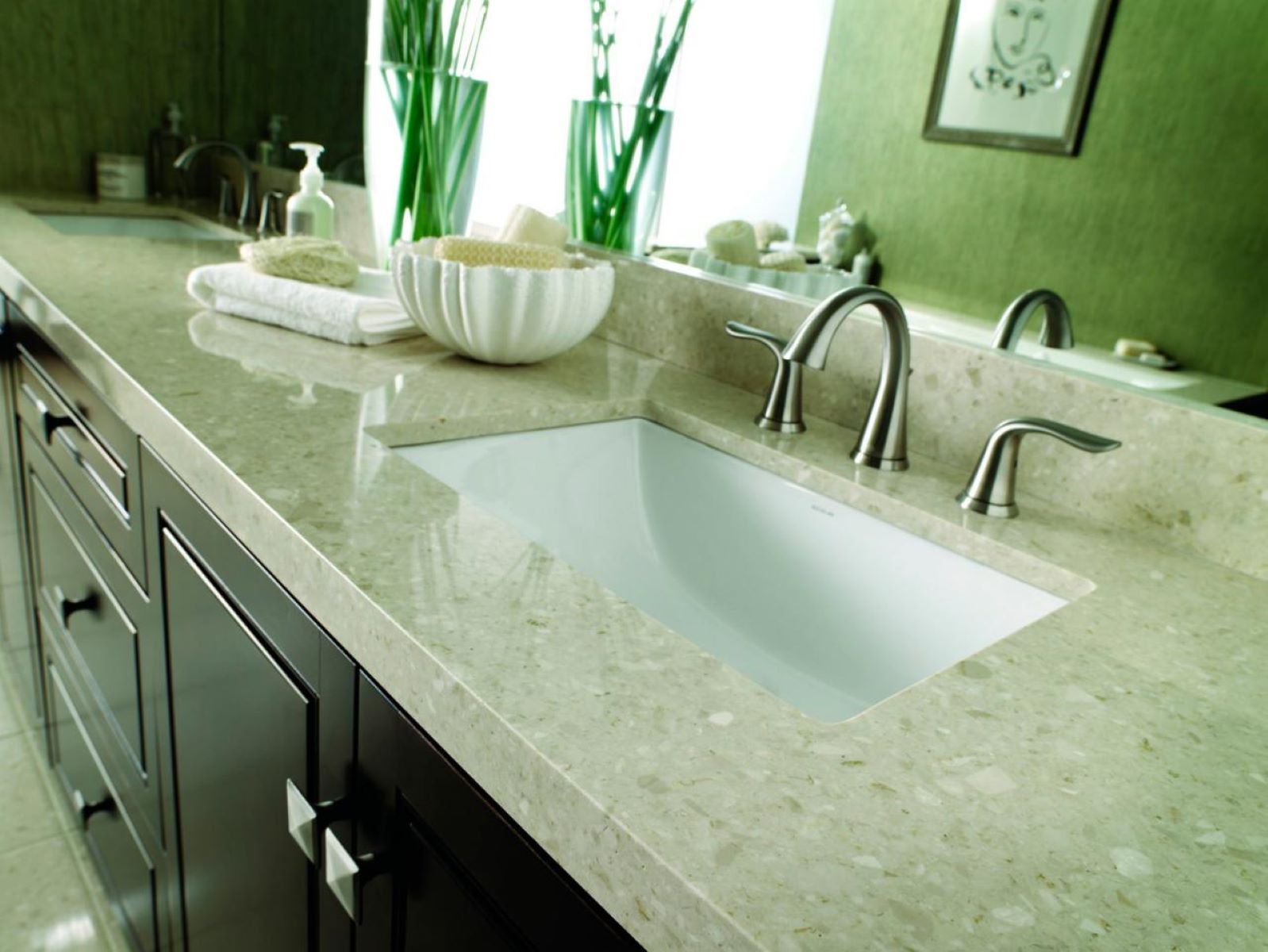
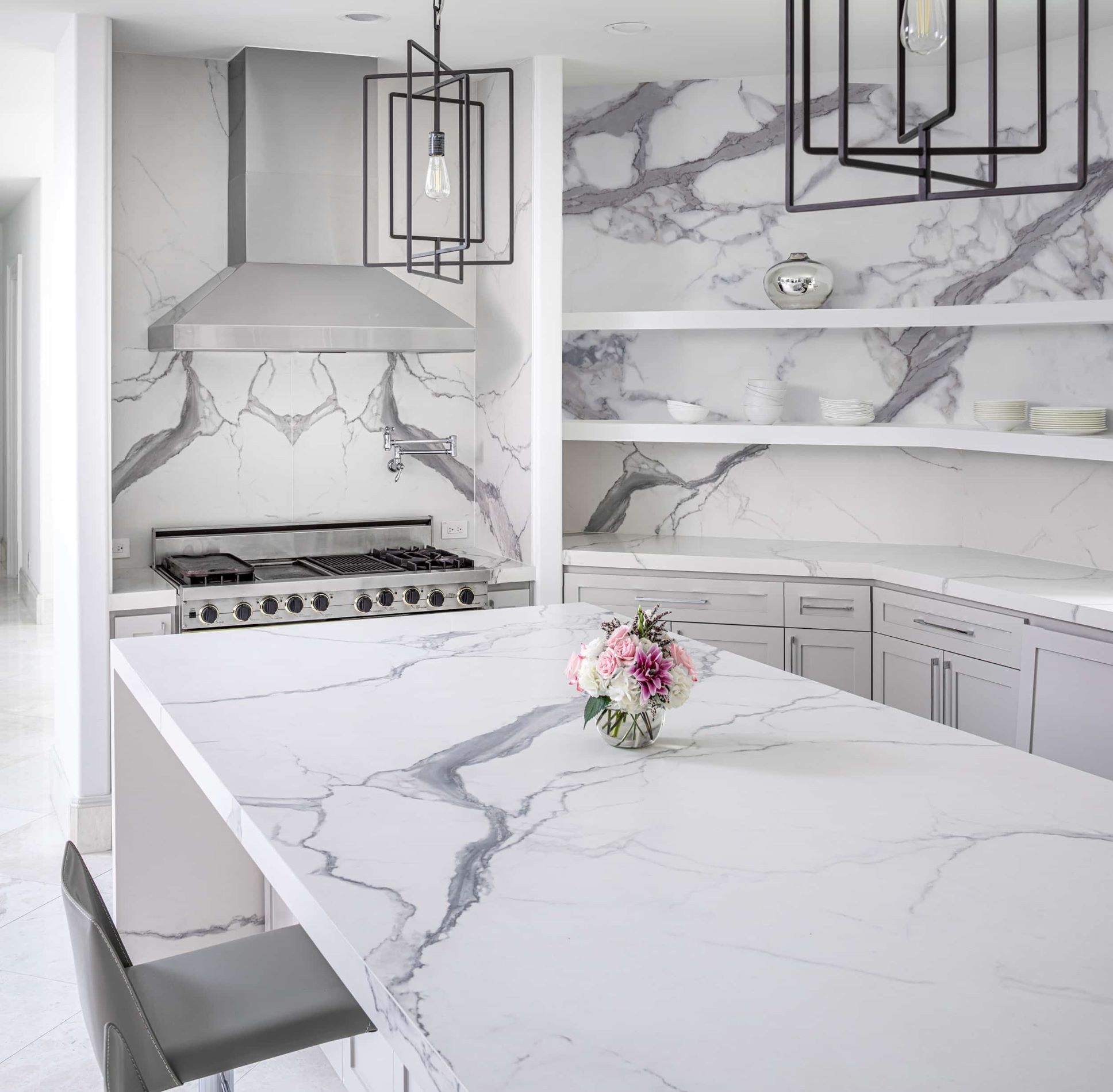
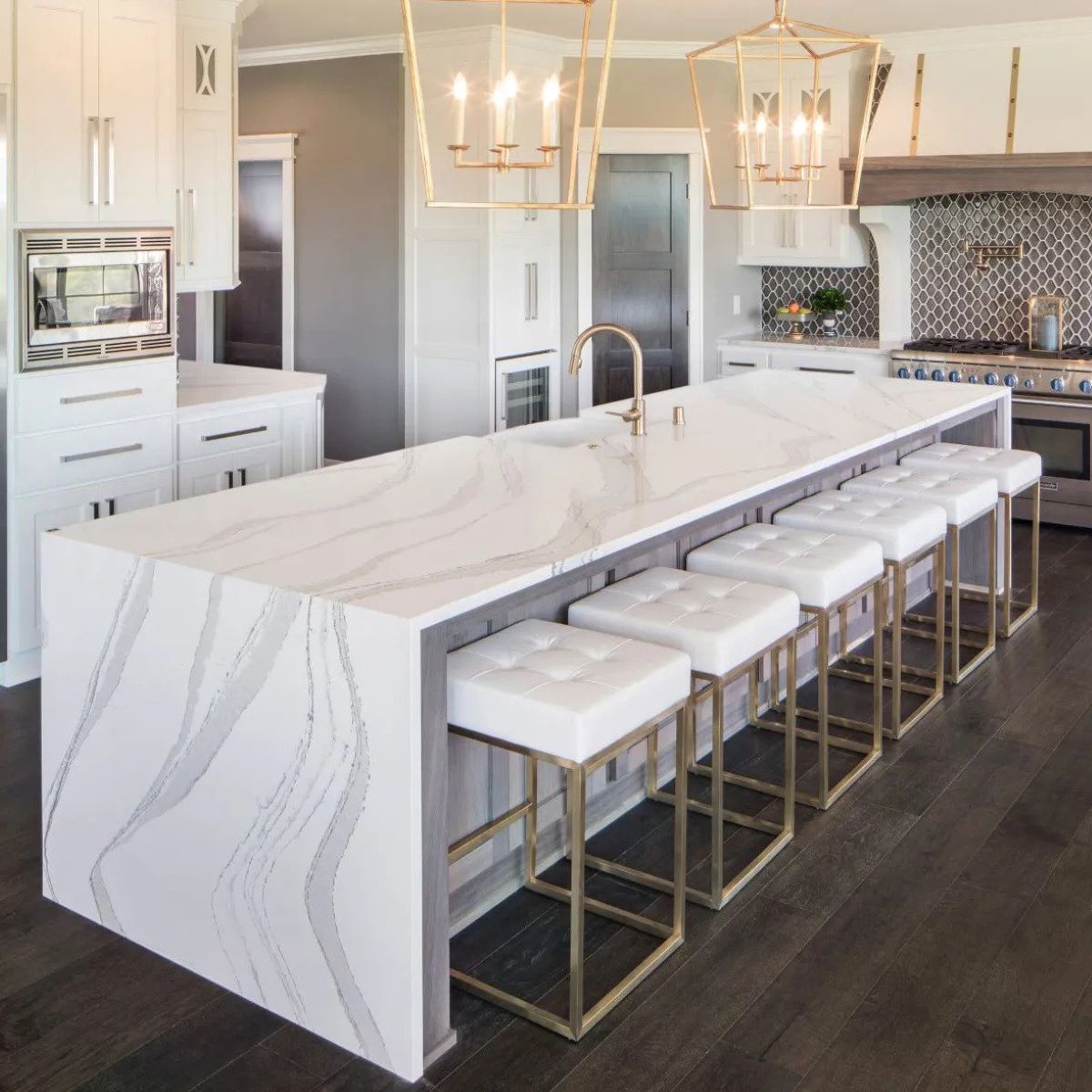
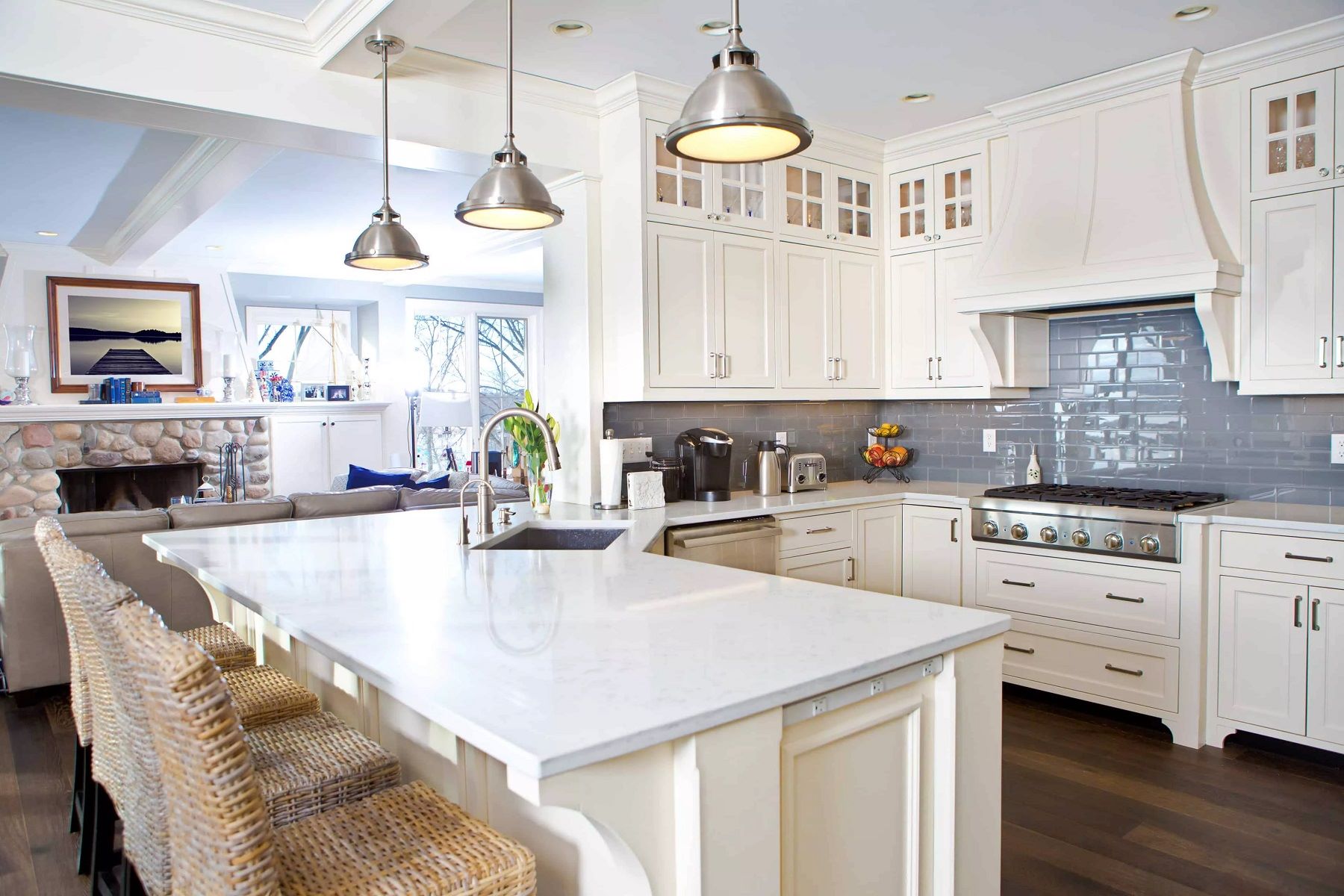
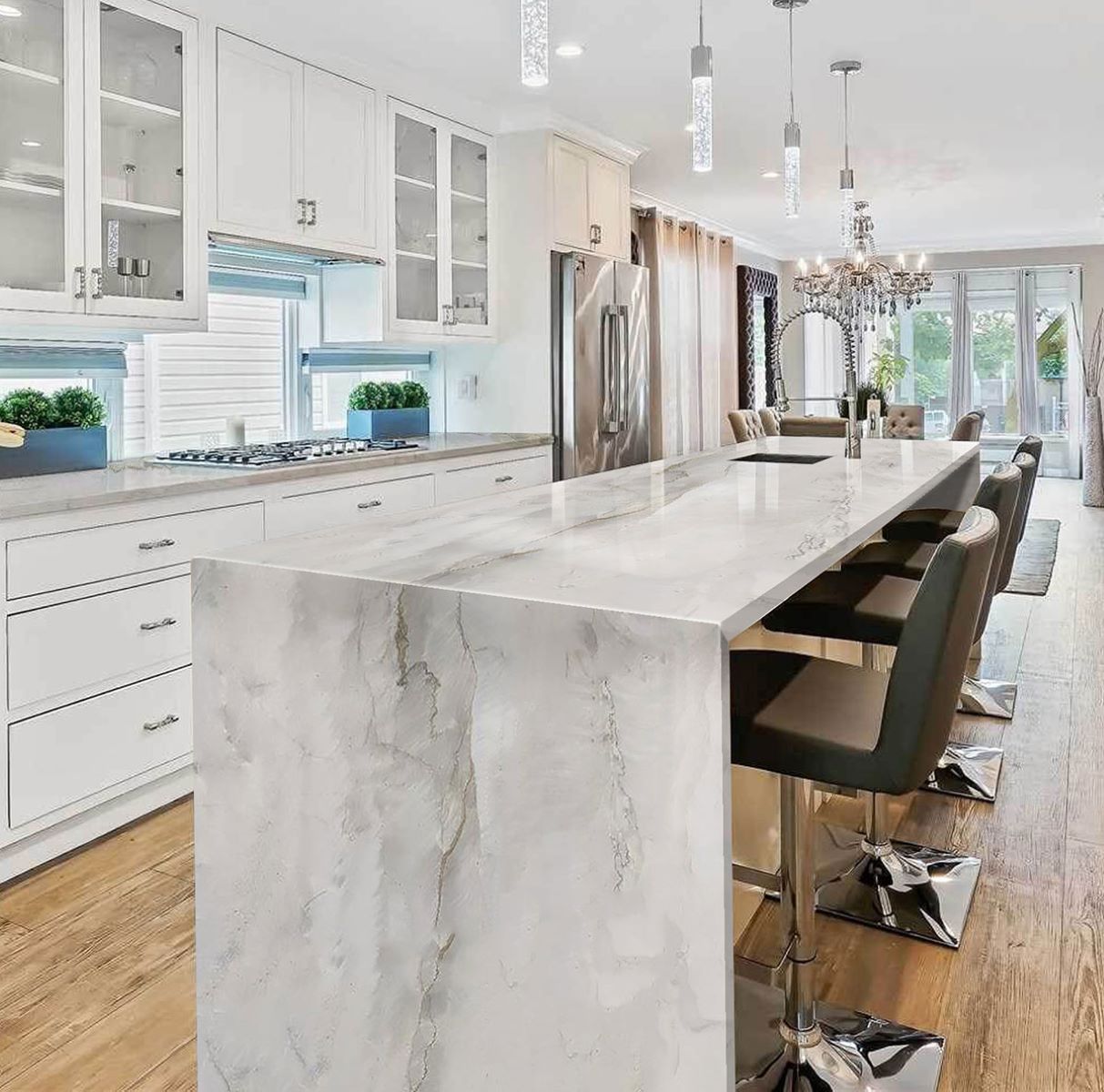
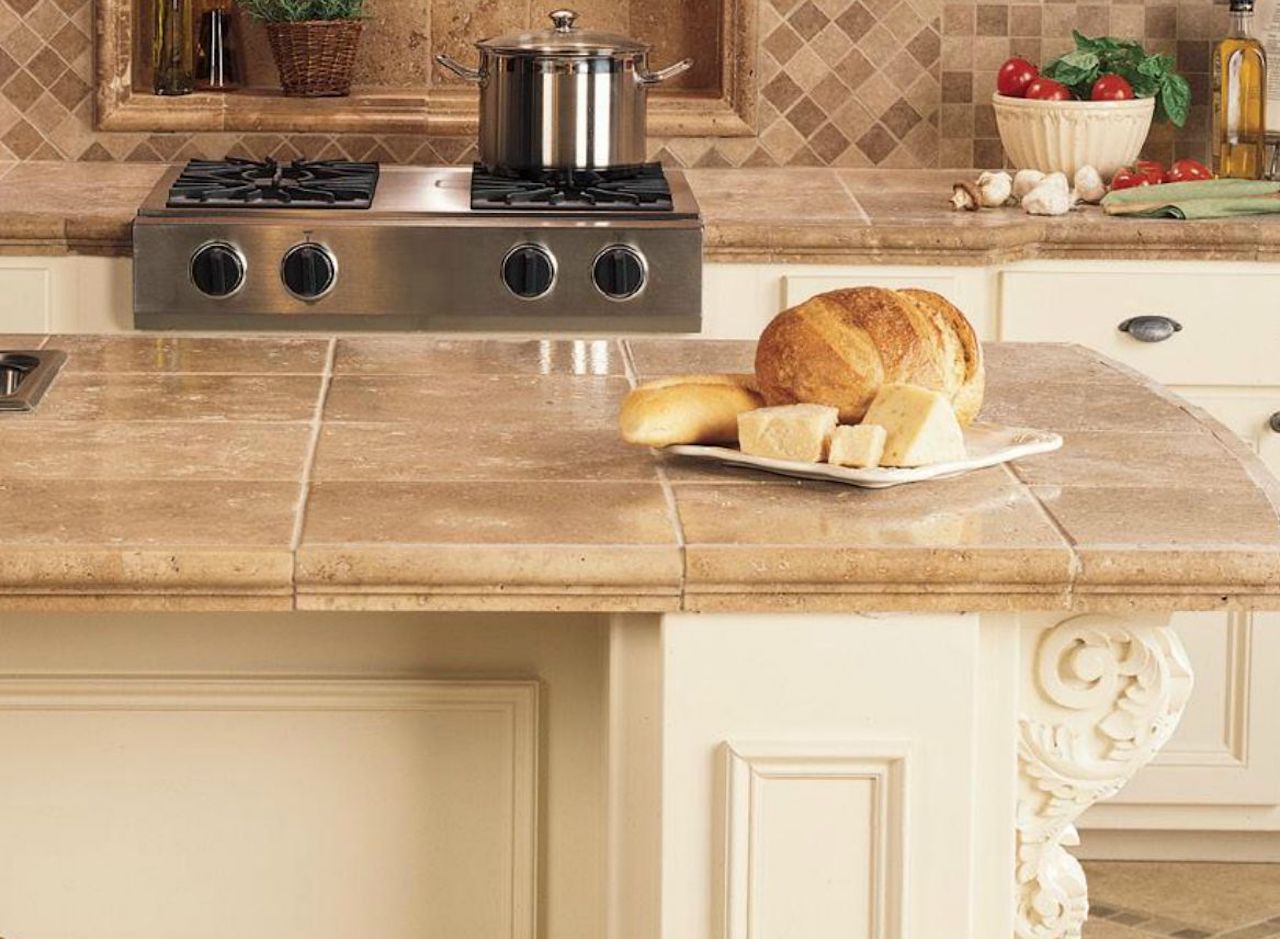
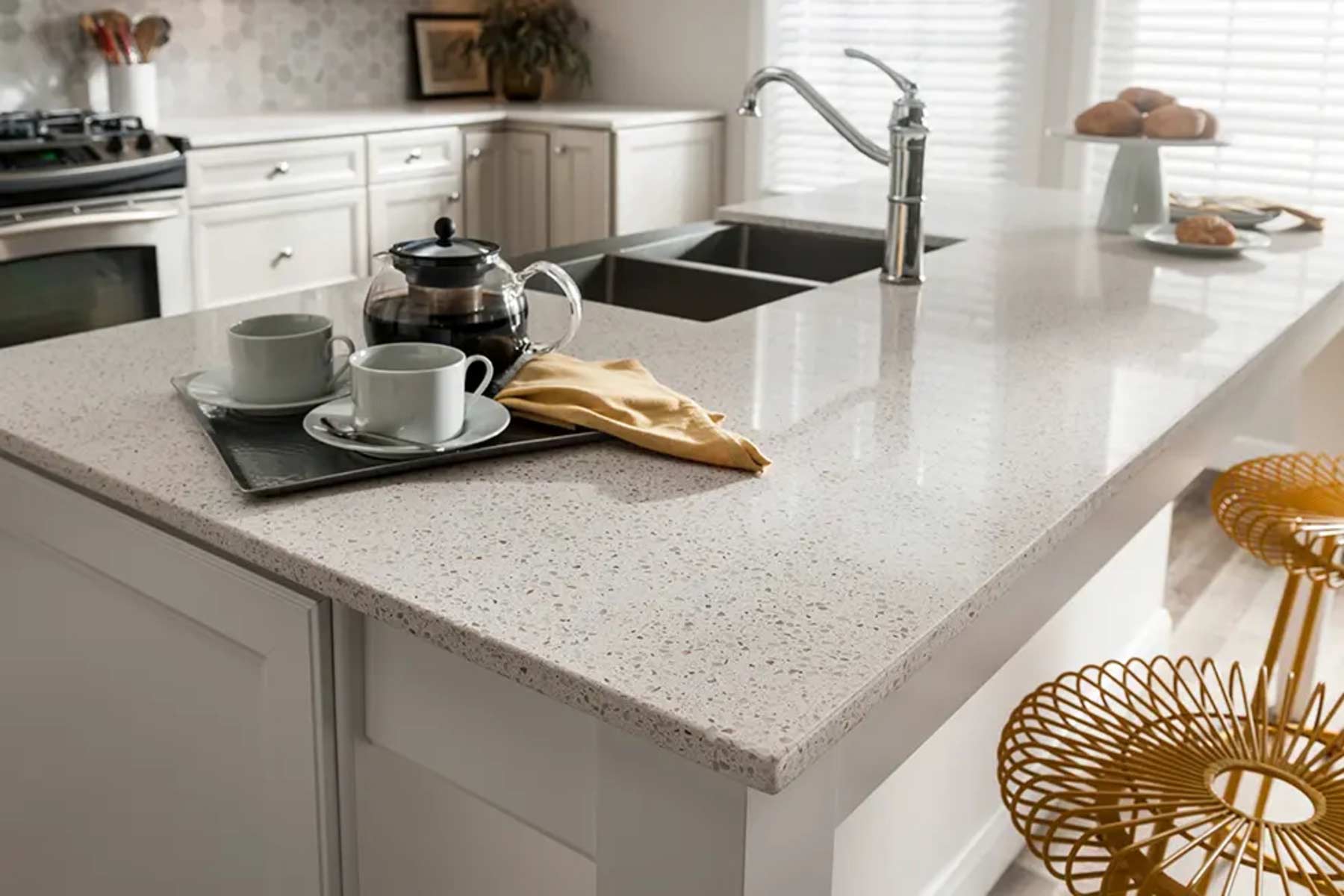
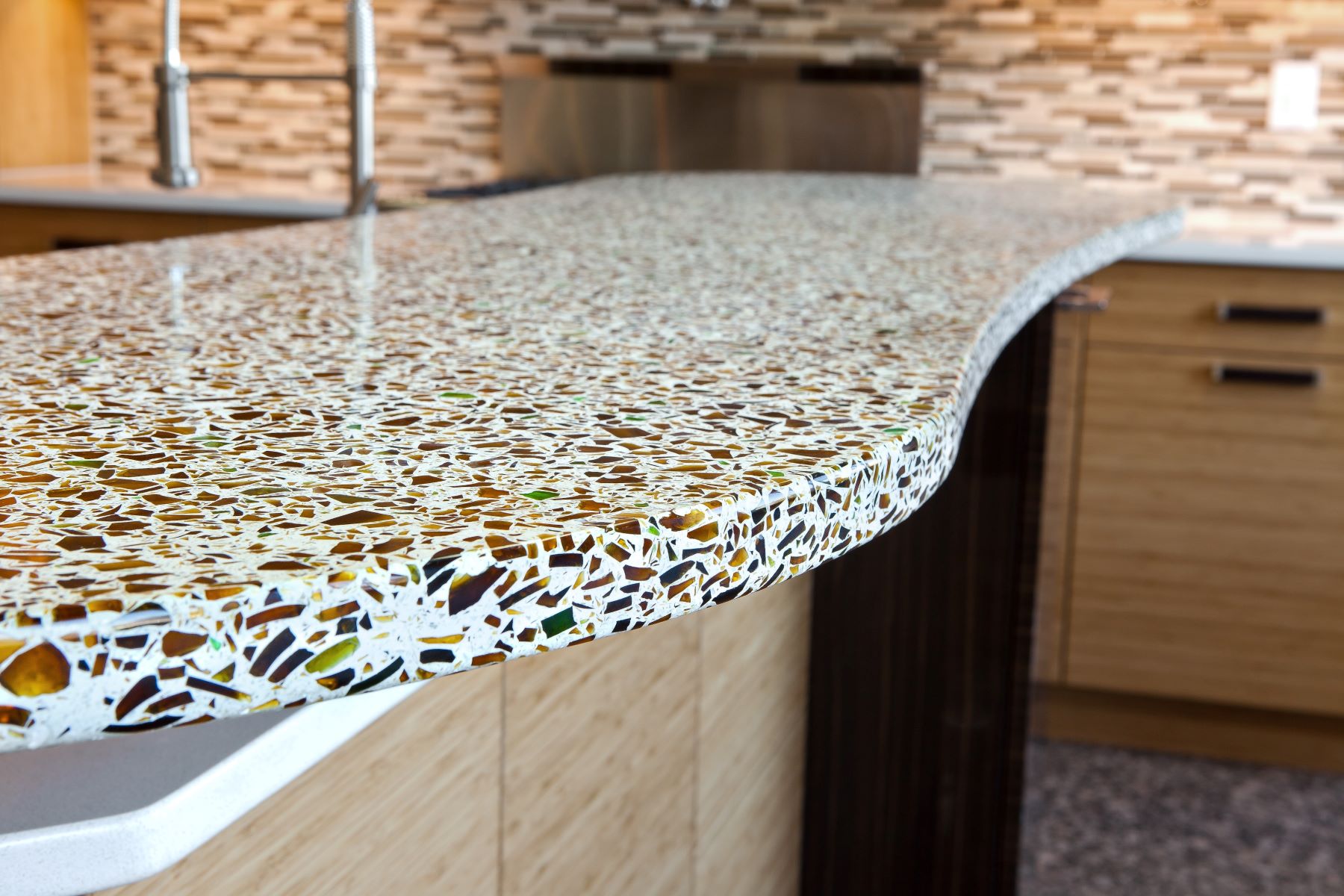
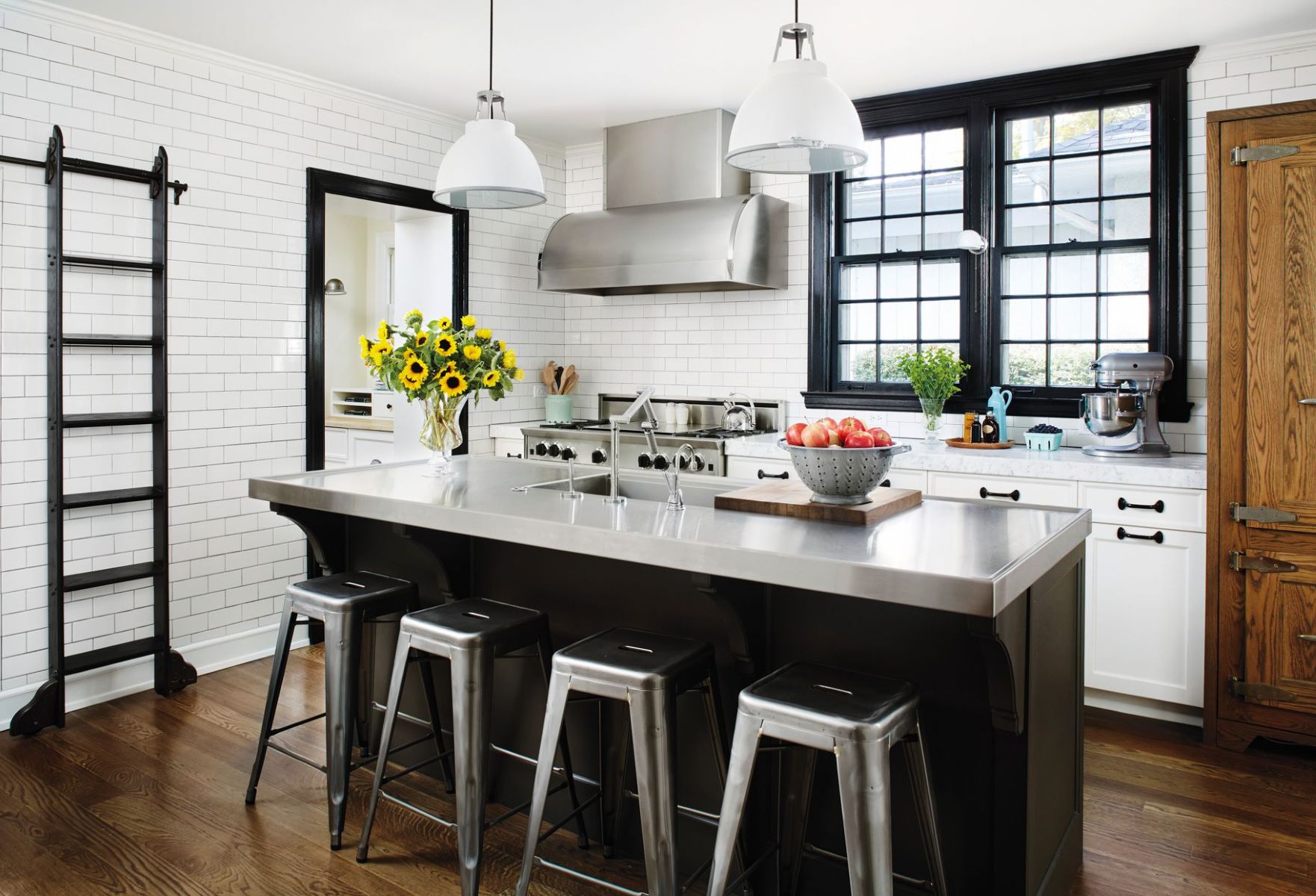
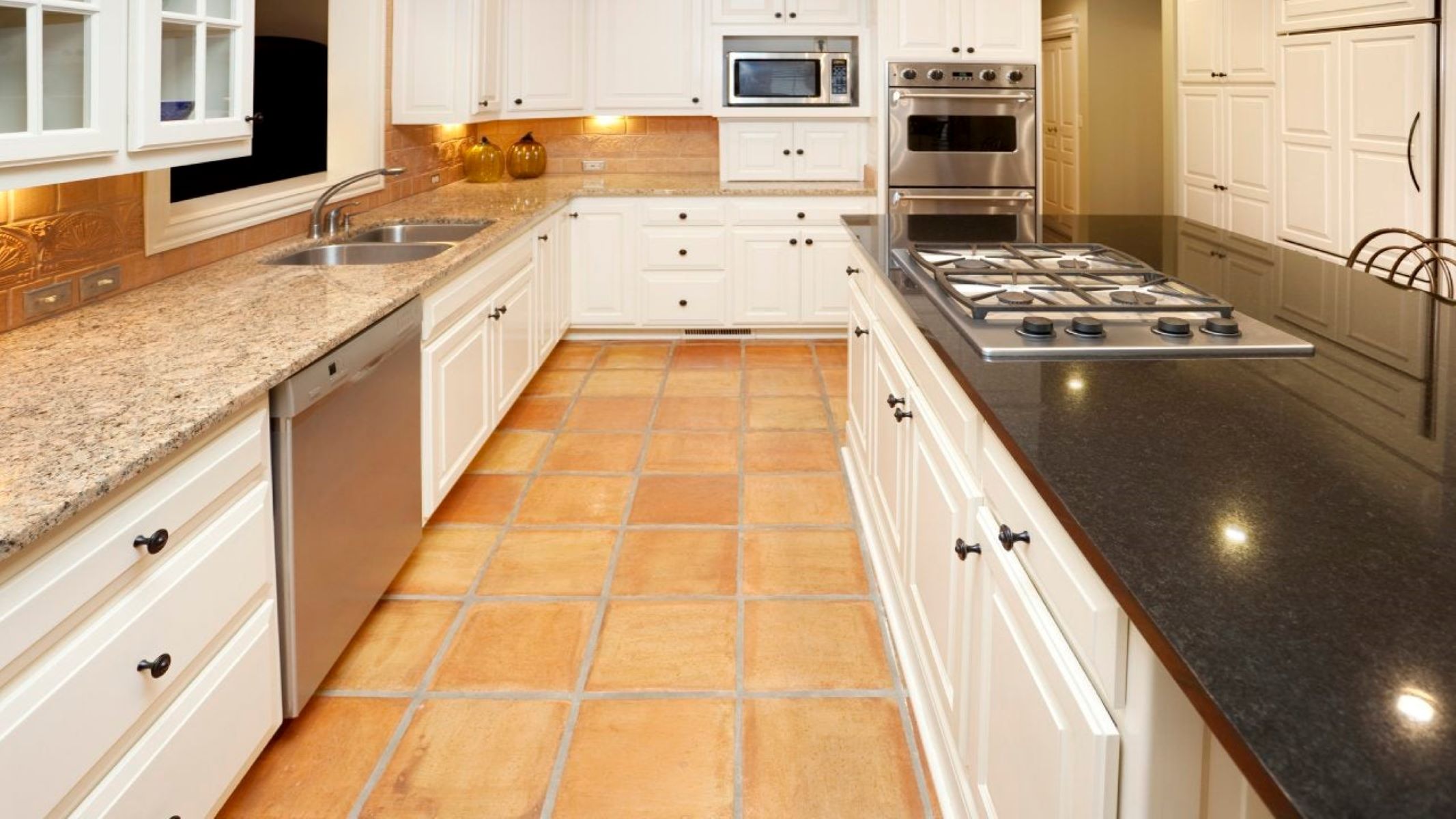
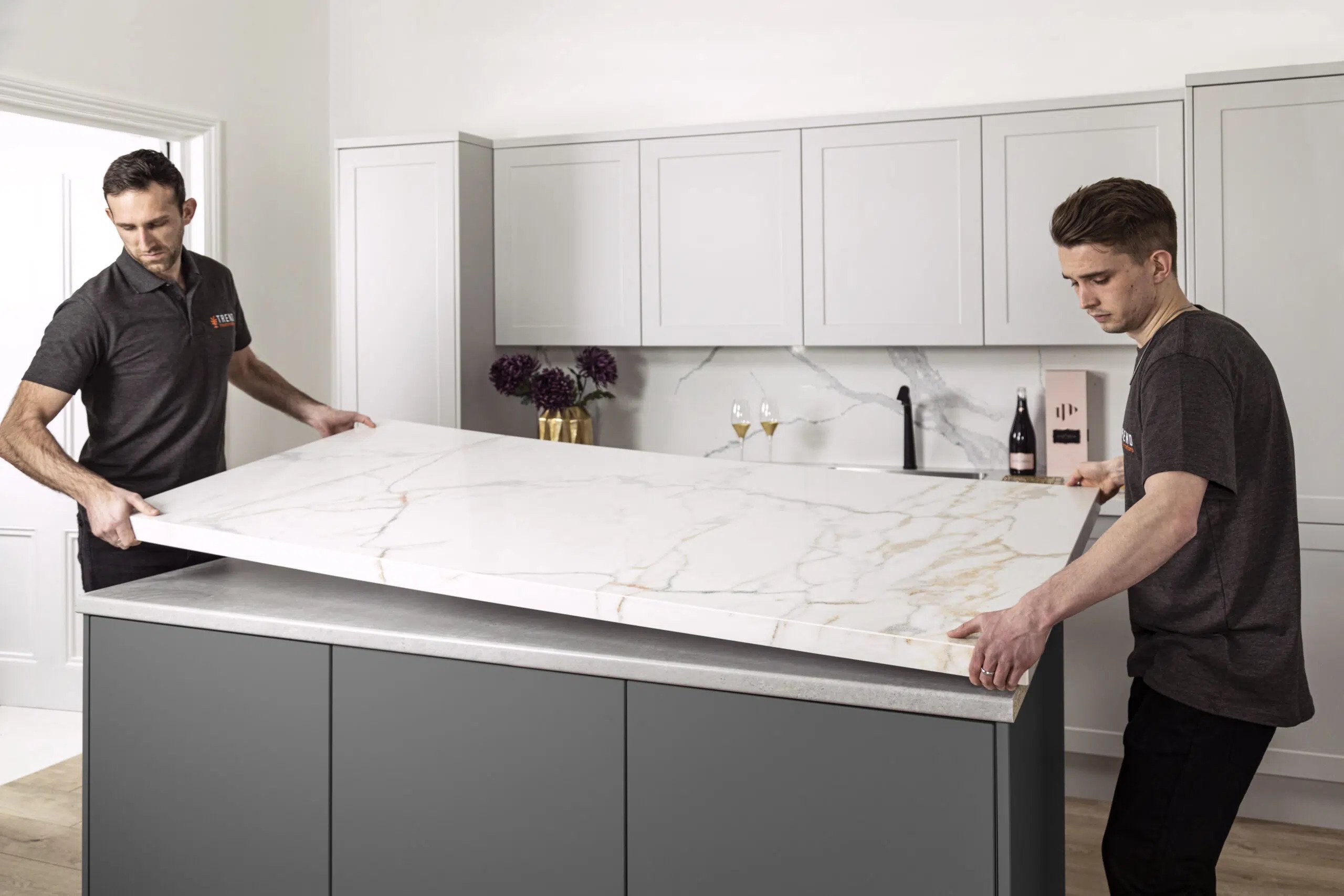
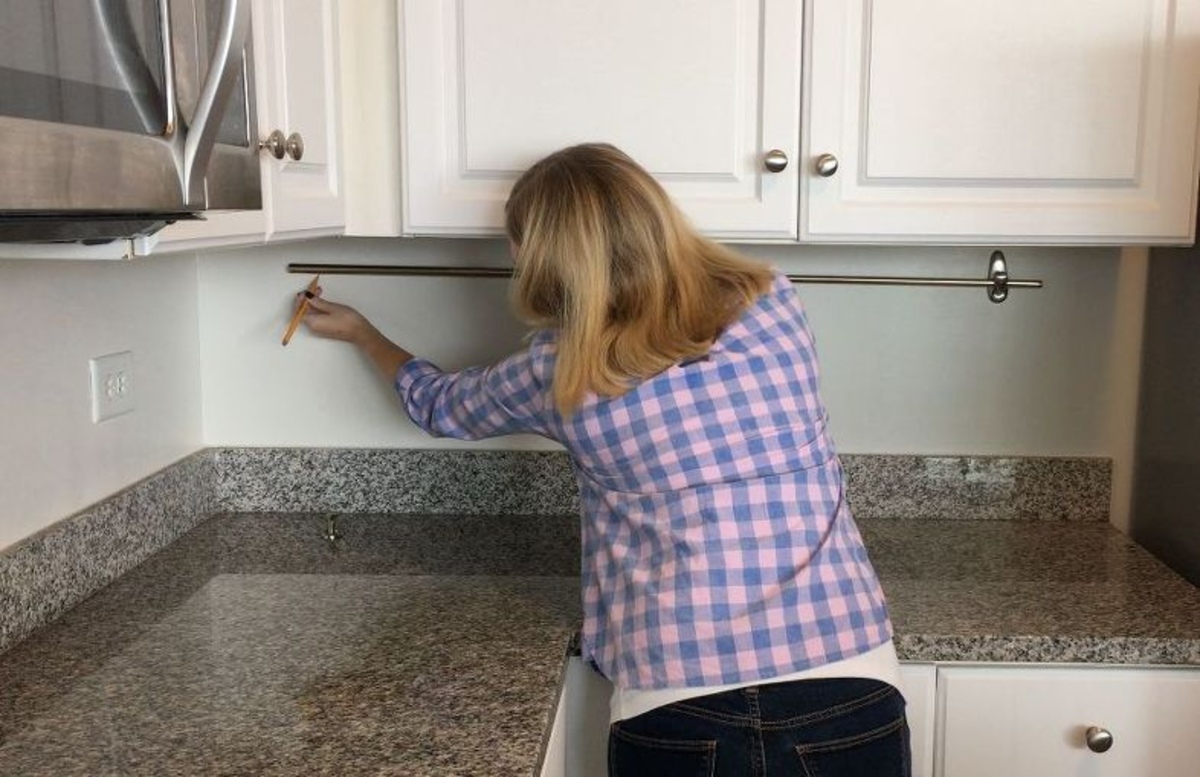
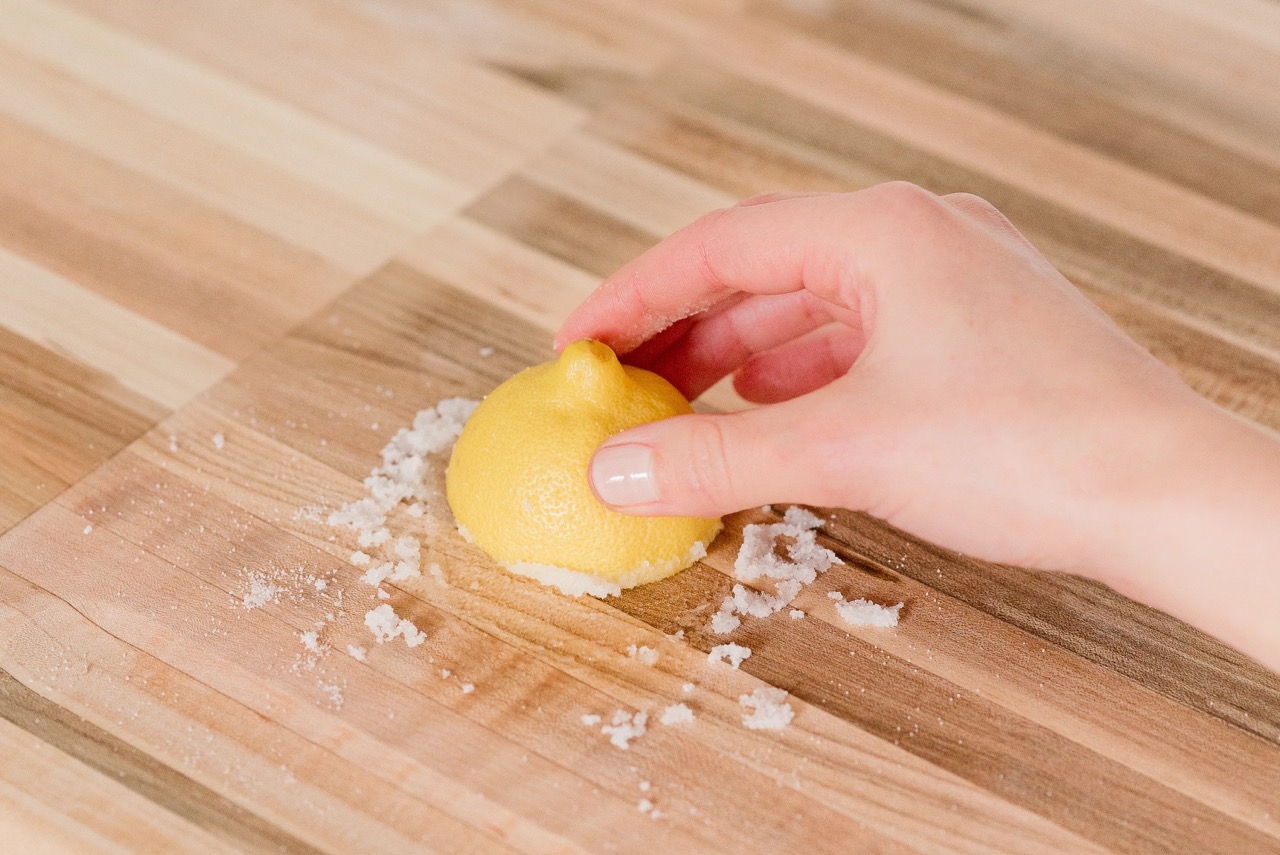

0 thoughts on “How Much Are Kitchen Countertops”